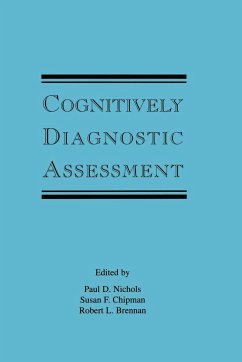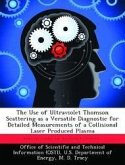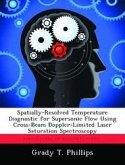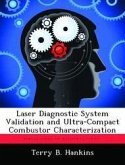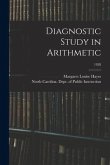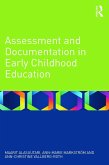During the past two or three decades, research in cognitive science and psychology has yielded an improved understanding of the fundamental psychological nature of knowledge and cognitive skills that psychological testing attempts to measure. These theories have reached sufficient maturity, making it reasonable to look upon them to provide a sound theoretical foundation for assessment, particulary for the content of assessments. This fact, combined with much discontentedness over current testing practices, has inspired efforts to bring testing and cognitive theory together to create a new theoretical framework for psychological testing -- a framework developed for diagnosing learners' differences rather than for ranking learners based on their differences. This volume presents some initial accomplishments in the effort to bring testing and cognitive theory together. Contributors originate from both of the relevant research communities -- cognitive research and psychometric theory. Some represent collaborations between representatives of the two communities; others are efforts to reach out in the direction of the other community. Taking fundamentally different forms, psychometric test theory assumes that knowledge can be represented in terms of one or at most a few dimensions, whereas modern cognitive theory typically represents knowledge in networks -- either networks of conceptual relationships or the transition networks of production systems. Cognitively diagnostic assessment is a new enterprise and it is evident that many challenging problems remain to be addressed. Still, it is already possible to develop highly productive interactions between assessment and instruction in both automated tutoring systems and more conventional classrooms. The editors hope that the chapters presented here show how the reform of assessment can take a rigorous path.
Hinweis: Dieser Artikel kann nur an eine deutsche Lieferadresse ausgeliefert werden.
Hinweis: Dieser Artikel kann nur an eine deutsche Lieferadresse ausgeliefert werden.

